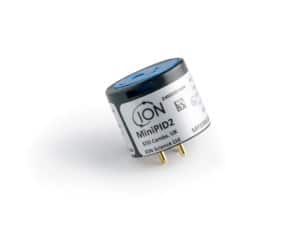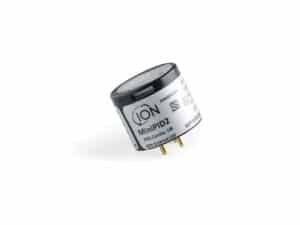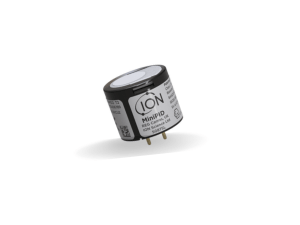
Tiger PID integrated into UAVs as part of Italian project
Specially designed drone successfully used for accurate and fast mapping of volatile organic compounds leaking from industrial petrochemical plants.
 Client name
Client name
University Of Catania/ TEKNE s.r.l & MCX s.r.l
Product
Tiger portable VOC detector
Industry/Application
Research Project (Environmental Risk Assessments)
University Of Catania
The Data Science Research Group of the Department of Economics and Business of the University of Catania is formed by researchers working in methodological, applied and computational statistics. Research focuses in the developing of methods and applications related to the extraction of knowledge from either structured or unstructured data. Over the past few years, main research topics have been related to the development of new clustering and classification techniques, mainly in the framework of model-based clustering and mixture models.
TEKNE s.r.l & MCX s.r.l
MCX s.r.l. is an innovative start up business operating in the industrial automation market. TEKNE s.r.l. is an engineering company offering valuable expertise in a wide range of consultancy services including geological and geotechnical studies and applications using UAVs such as topographic surveys with aerophotogrammetry, georeferenced thermographic surveys, environmental monitoring, control of areas after disasters and census of cultivated areas.
As part of an exciting research project led by the University of Catania’s Department of Chemical Sciences, a Tiger portable photoionisation detector (PID) has recently been integrated into an unmanned aerial vehicle (UAV) by Italian businesses TEKNE s.r.l. and MCX s.r.l. The research was focused on distribution of VOCs at petrochemical plants, refineries and other chemical facilities where odour comfort, air composition and the health and safety of employees is crucial. Drones mounted with sensors have been used previously for monitoring VOCs. However, if the drone is close to the source, the results can be influenced by blade-induced turbulence.
A Spokesperson at MCX and TEKNE Comments:
“The early detection of leaks of pollutants, hazardous or explosive substances is more important than ever before. We can never let our guard down when dealing with the production and handling of dangerous or explosive substances or pollutants.”
University Of Catania/TEKNE s.r.l & MCX s.r.l
”By incorporating the Tiger PID with probe of appropriate length into the drone we overcame the effect of turbulence, and succeeded in developing a small but effective flying chemical laboratory which can map large areas and detect chemical leaks quickly and accurately. It really is a game-changer and several companies within the petrochemical industry have already shown interest.
A Spokesman at MCX and TEKNEMCX and TEKNE












